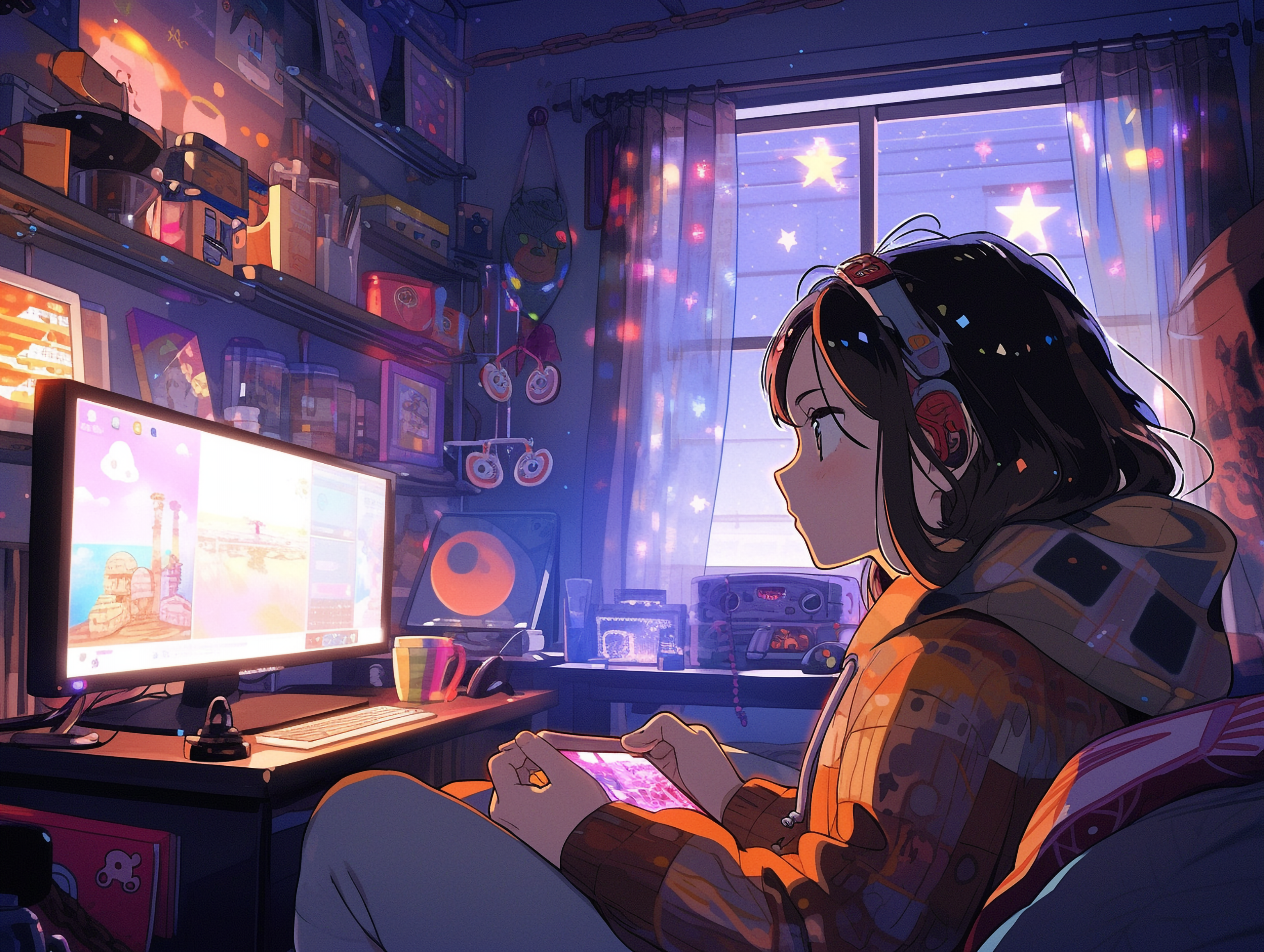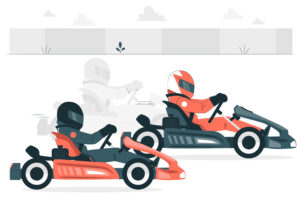
Spoiler Warning: The following discussion contains major spoilers for Doki Doki Literature Club! If you haven’t played the game yet and wish to experience it unspoiled, proceed with caution.
When Doki Doki Literature Club! (DDLC) was released in 2017, it appeared to be just another entry in the dating sim genre—a cheerful visual novel where players could woo one of several charming anime-inspired characters. However, beneath its pastel-coloured surface lies a chilling psychological horror experience that shatters conventions and redefines how we view dating sims. Developed by Team Salvato, this game subverted expectations and left an indelible mark on gaming culture.
Subverting the Dating Sim Formula
At first glance, DDLC adheres to the typical tropes of dating sims. Players assume the role of a high school student who joins a literature club and interacts with four female members: Sayori, Yuri, Natsuki, and Monika. The gameplay involves crafting poems to appeal to specific characters, fostering relationships through dialogue choices. Yet, as the story progresses, it becomes clear that this is no ordinary romance game. The cheerful façade begins to crack, revealing themes of mental illness, existential dread, and obsession.
The game’s most striking innovation is its metafictional approach. It doesn’t just break the fourth wall—it obliterates it. Monika, the club president, becomes self-aware, acknowledging her existence as a character in a video game. She manipulates the game’s files and even addresses the player directly, creating an unsettling sense of intimacy and control. This mechanic forces players to confront their role in the narrative and challenges the boundaries between player and character.
A Commentary on Player Agency
One of DDLC’s most profound achievements is its critique of player agency in dating sims. Traditionally, these games cater to the player’s desires, presenting characters as objects of affection whose personalities can be moulded to suit specific preferences. DDLC flips this dynamic on its head. Monika’s obsession with the player exposes the shallow nature of these relationships—her love is not earned but programmed. This unsettling realisation forces players to question the ethics of their interactions with virtual characters.
The game delves into darker themes rarely explored in its genre. Sayori’s struggle with depression and eventual suicide is a harrowing moment that shatters the illusion of lighthearted romance. Yuri’s obsessive tendencies and Natsuki’s hints at an abusive home life further emphasise that these characters are more than mere archetypes—they are flawed individuals with complex inner lives.
Innovative Gameplay Mechanics
DDLC’s gameplay innovations extend beyond its narrative. The requirement to manipulate game files to progress is a masterstroke that blurs the line between game and reality. Players must delete Monika’s character file to achieve closure, an act that feels both empowering and deeply unsettling. This mechanic not only reinforces the game’s themes of control and agency but also elevates it from a mere visual novel to an interactive psychological experiment.
The game’s use of audiovisual elements also deserves praise. Distorted music, glitching visuals, and eerie dialogue contribute to an atmosphere of unease that keeps players on edge. These elements work in tandem with the narrative to create an experience that is as immersive as it is disturbing.
A Legacy That Endures
DDLC has inspired countless discussions about gaming as an art form. It challenged preconceived notions about what a dating sim could be, proving that even seemingly niche genres can tackle profound themes and innovate mechanically. Its influence can be seen in subsequent games that experiment with metafictional storytelling and player interaction.
I found DDLC to be both thought-provoking and emotionally draining. It’s rare for a game to make me question my own actions so deeply or leave such a lasting impression. While its horror elements may not appeal to everyone, there’s no denying its impact on gaming culture.
Doki Doki Literature Club! is more than just a game—it’s a statement about how we interact with virtual worlds and characters. By subverting genre conventions and addressing complex themes head-on, it forced players to reconsider their expectations of dating sims and visual novels. Nearly eight years after its release, it remains a landmark title that continues to influence developers and captivate audiences worldwide.






